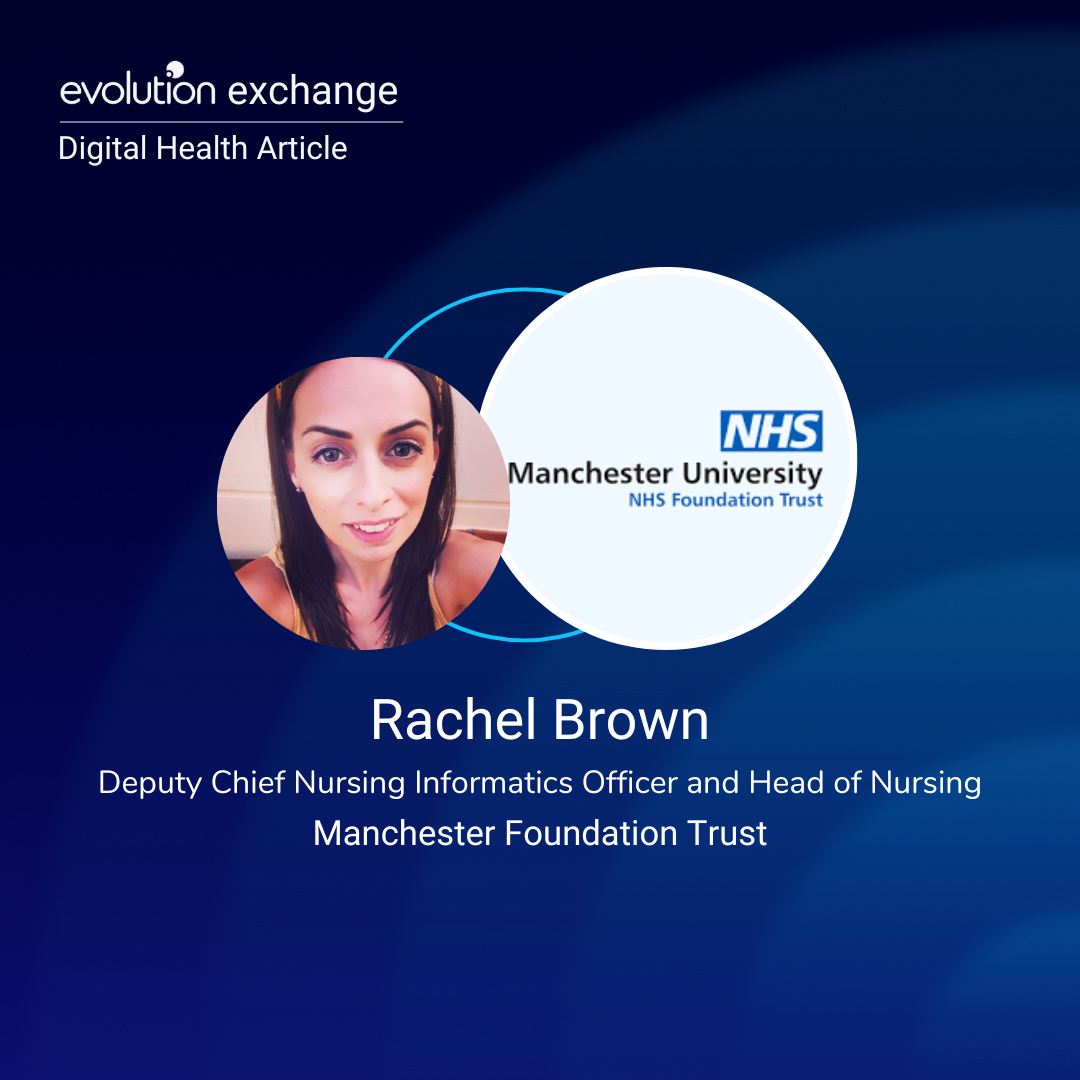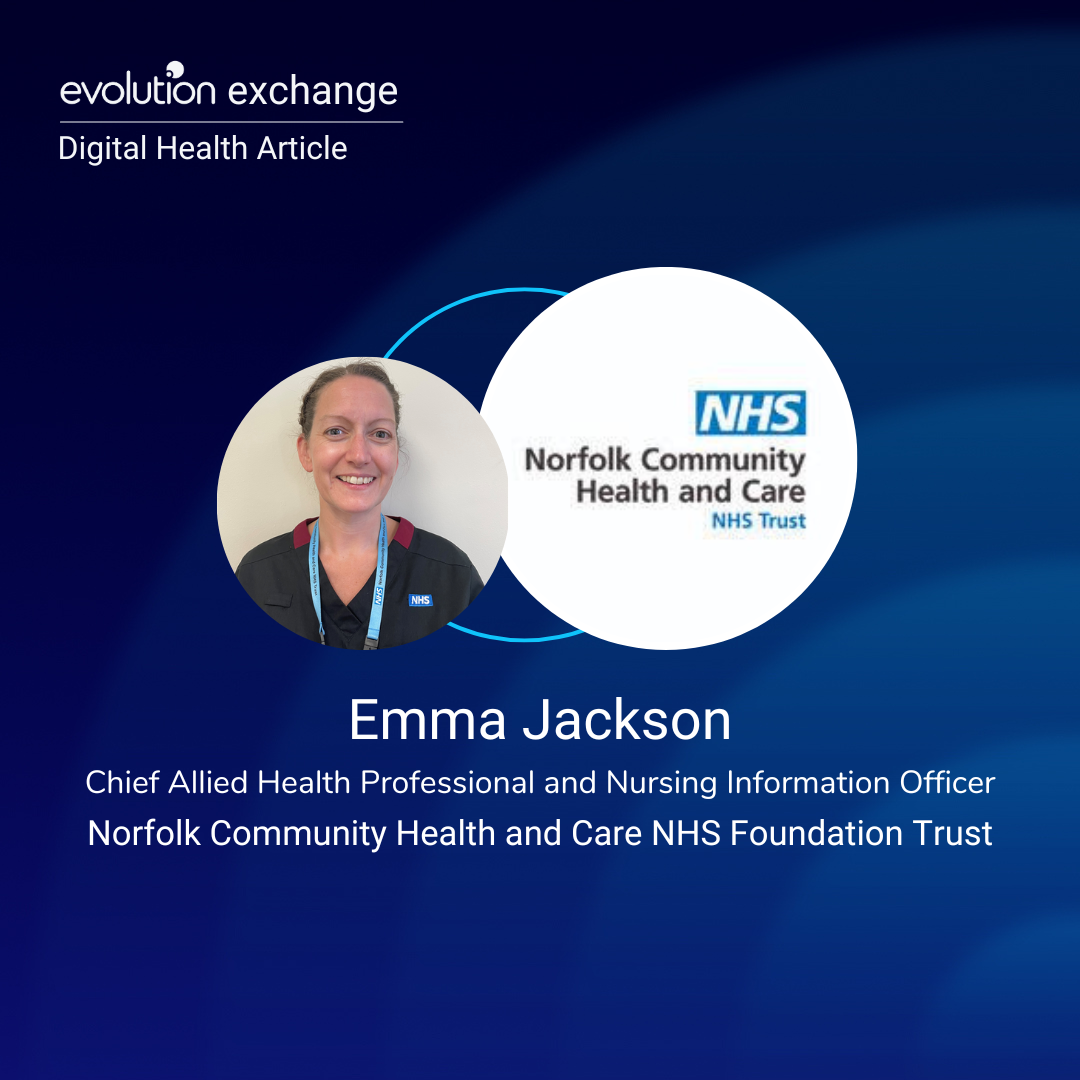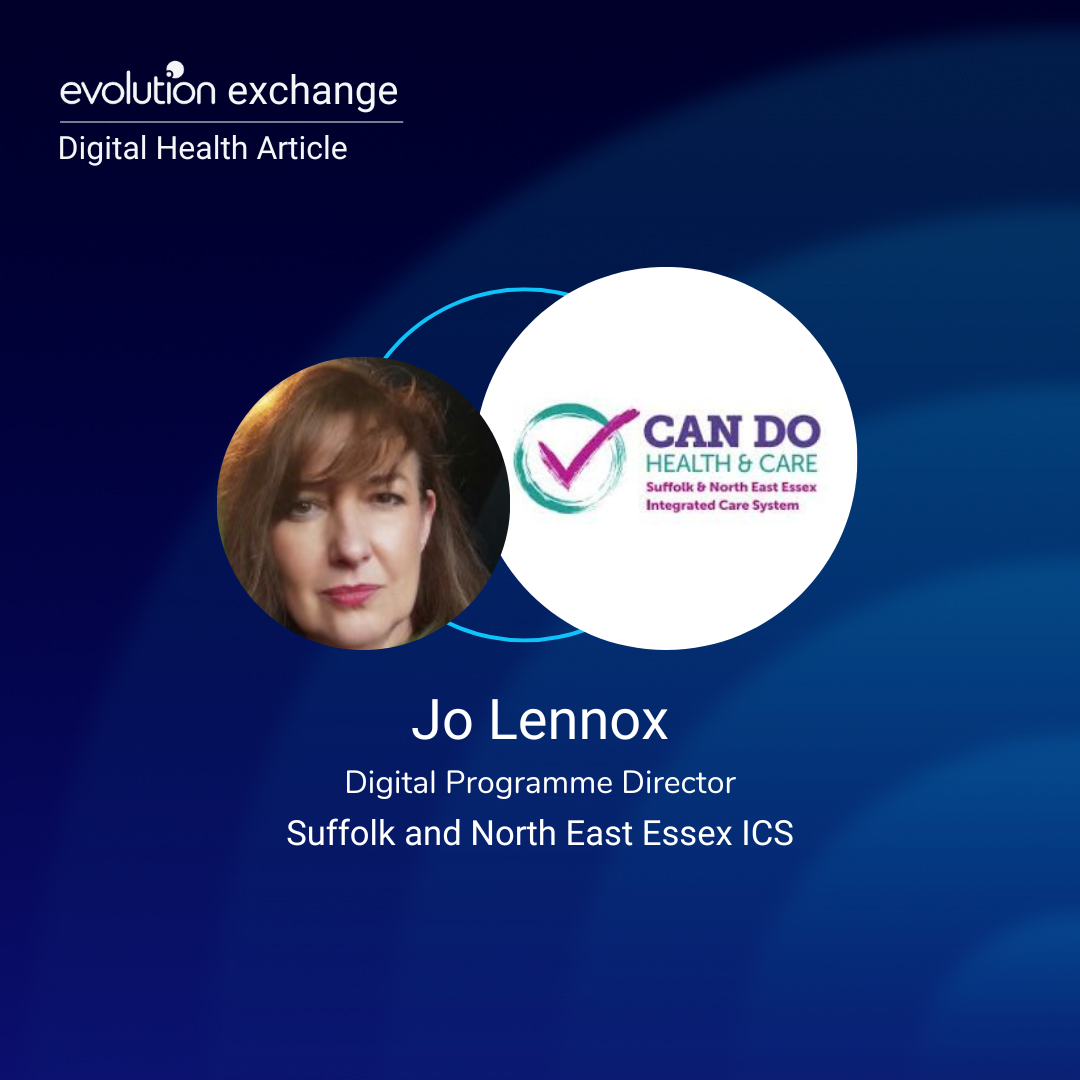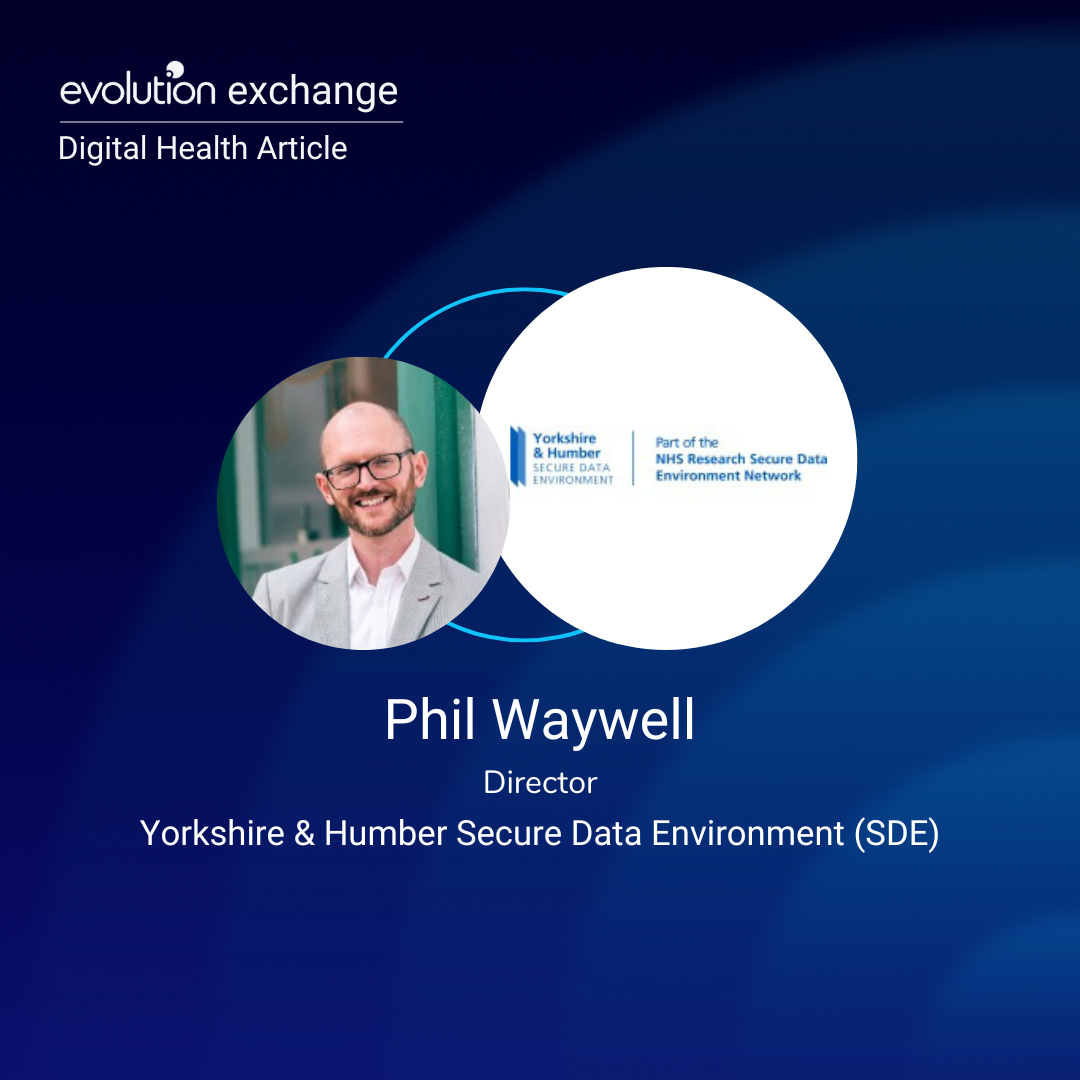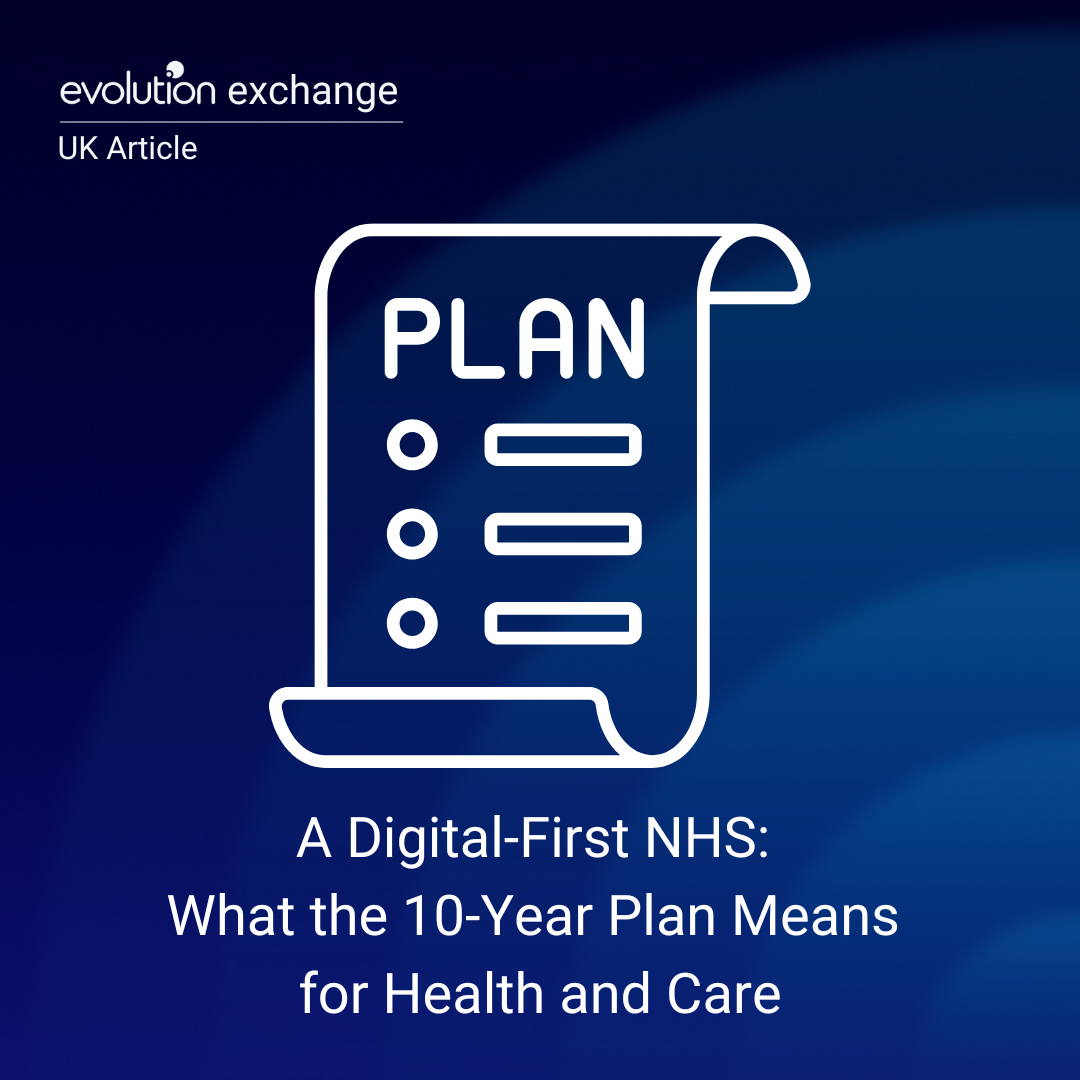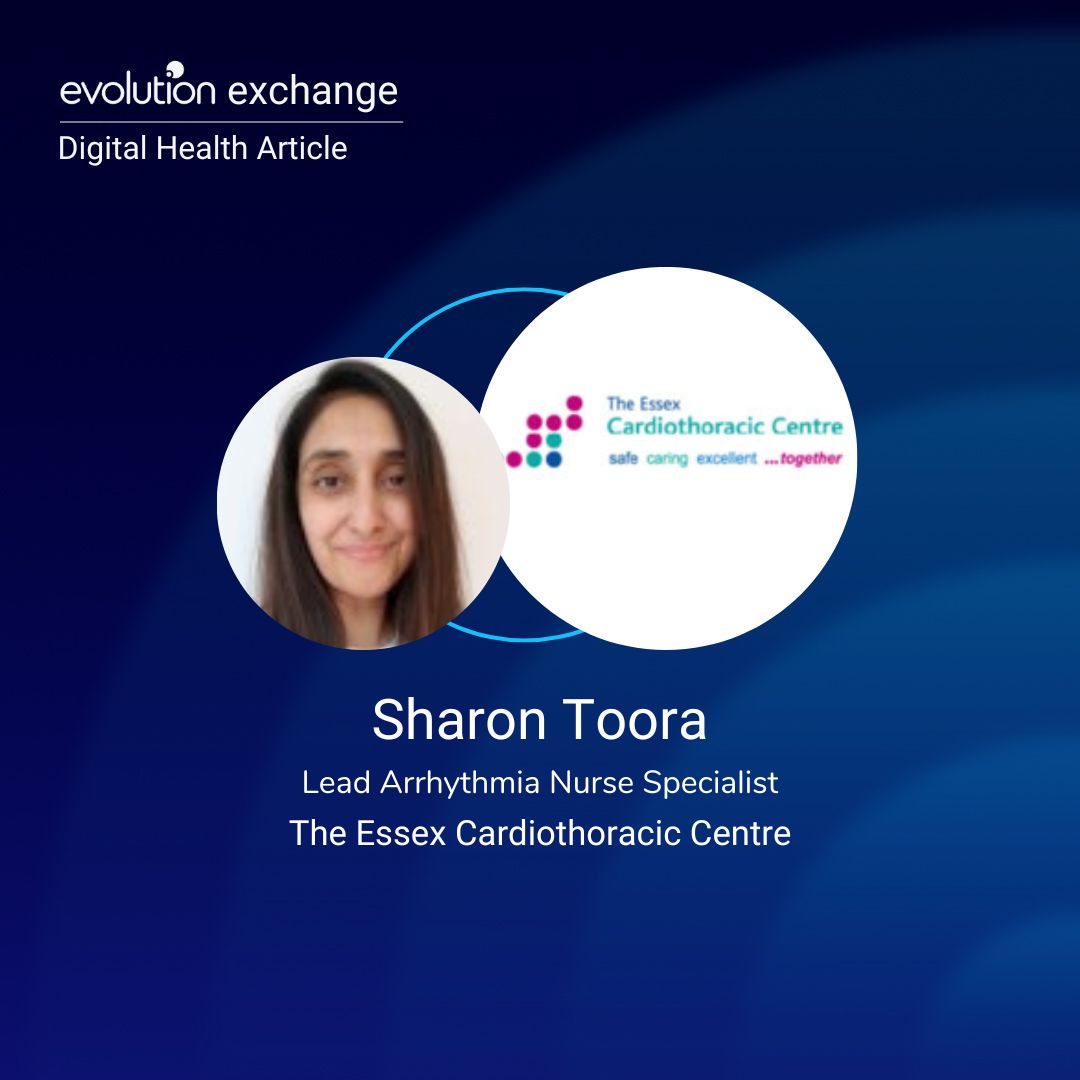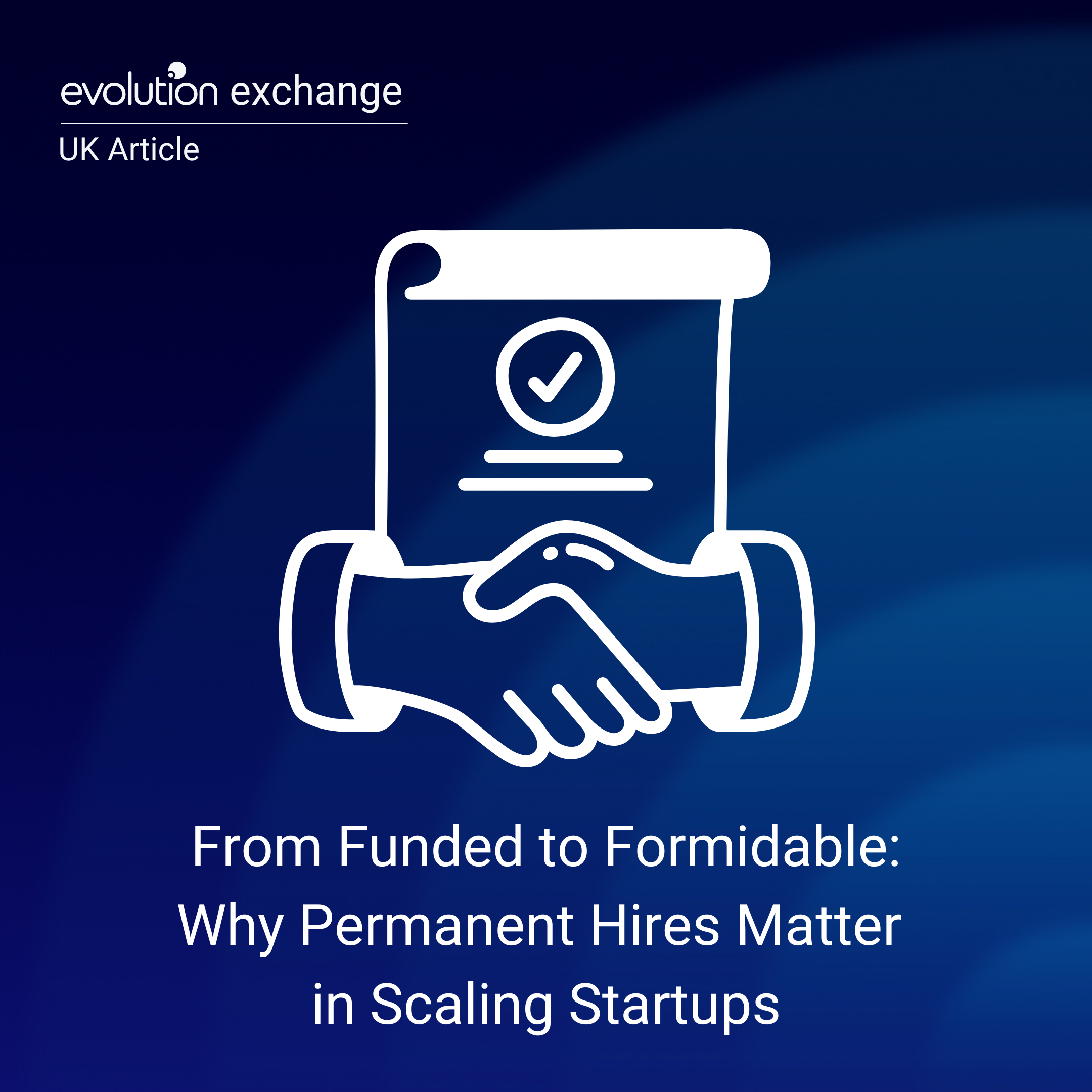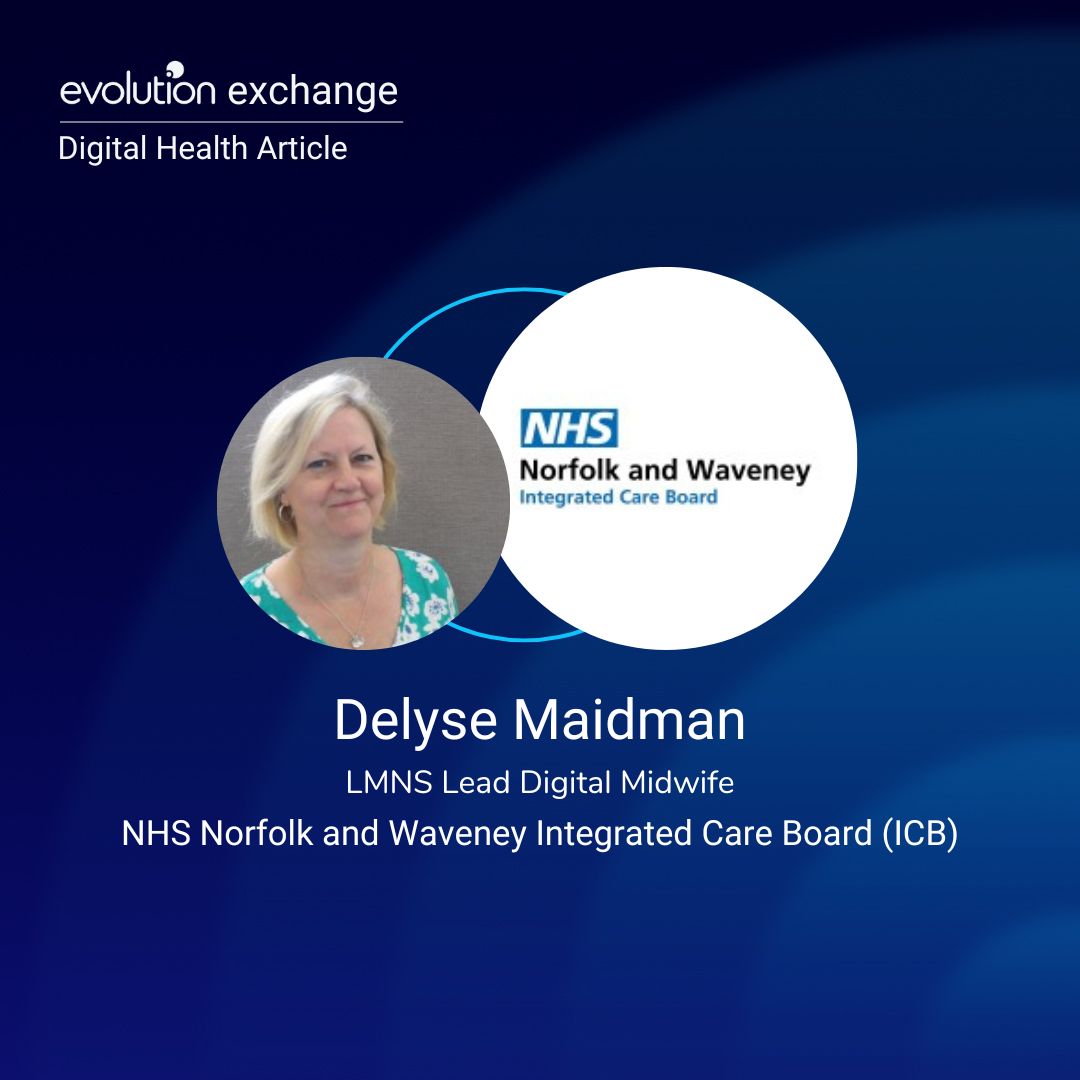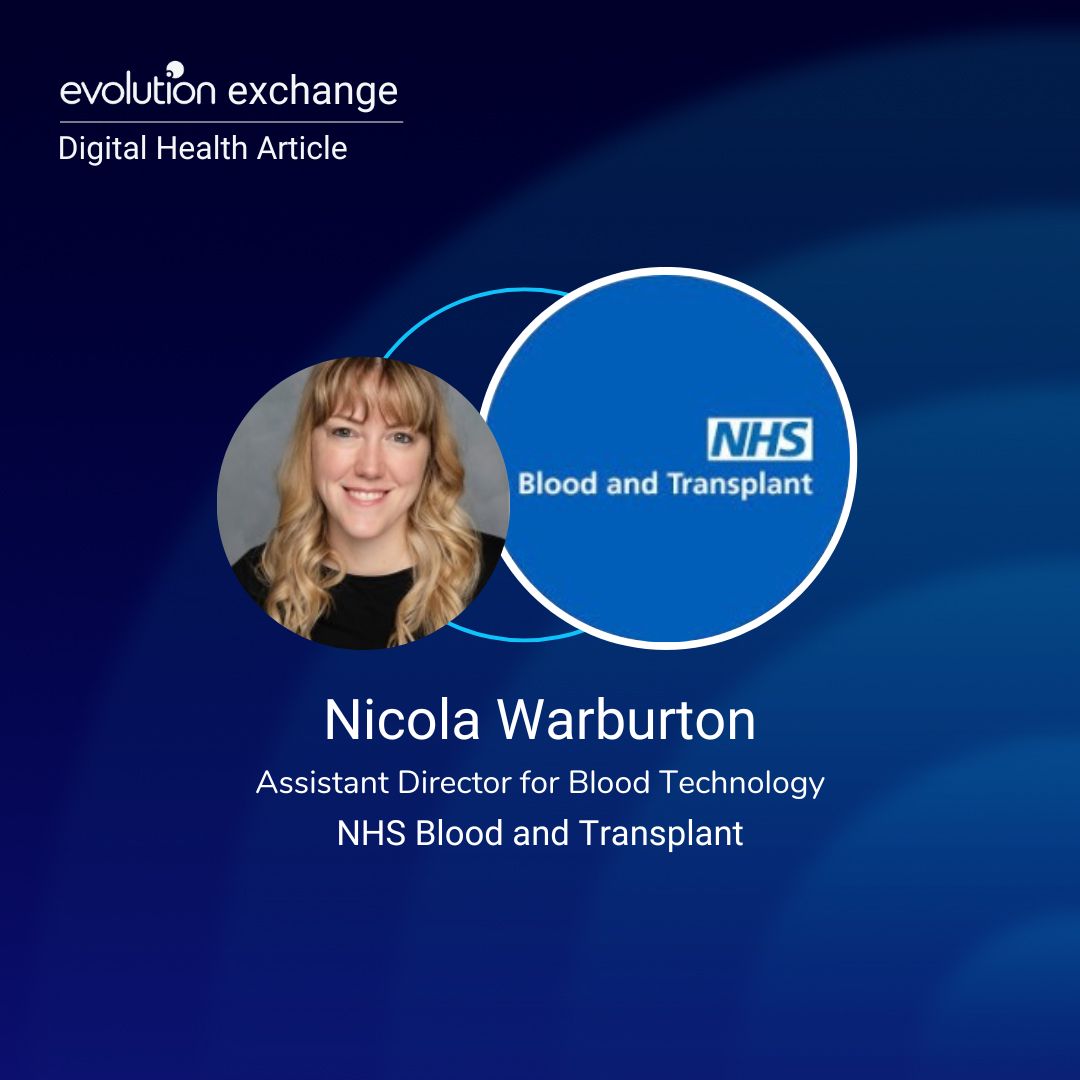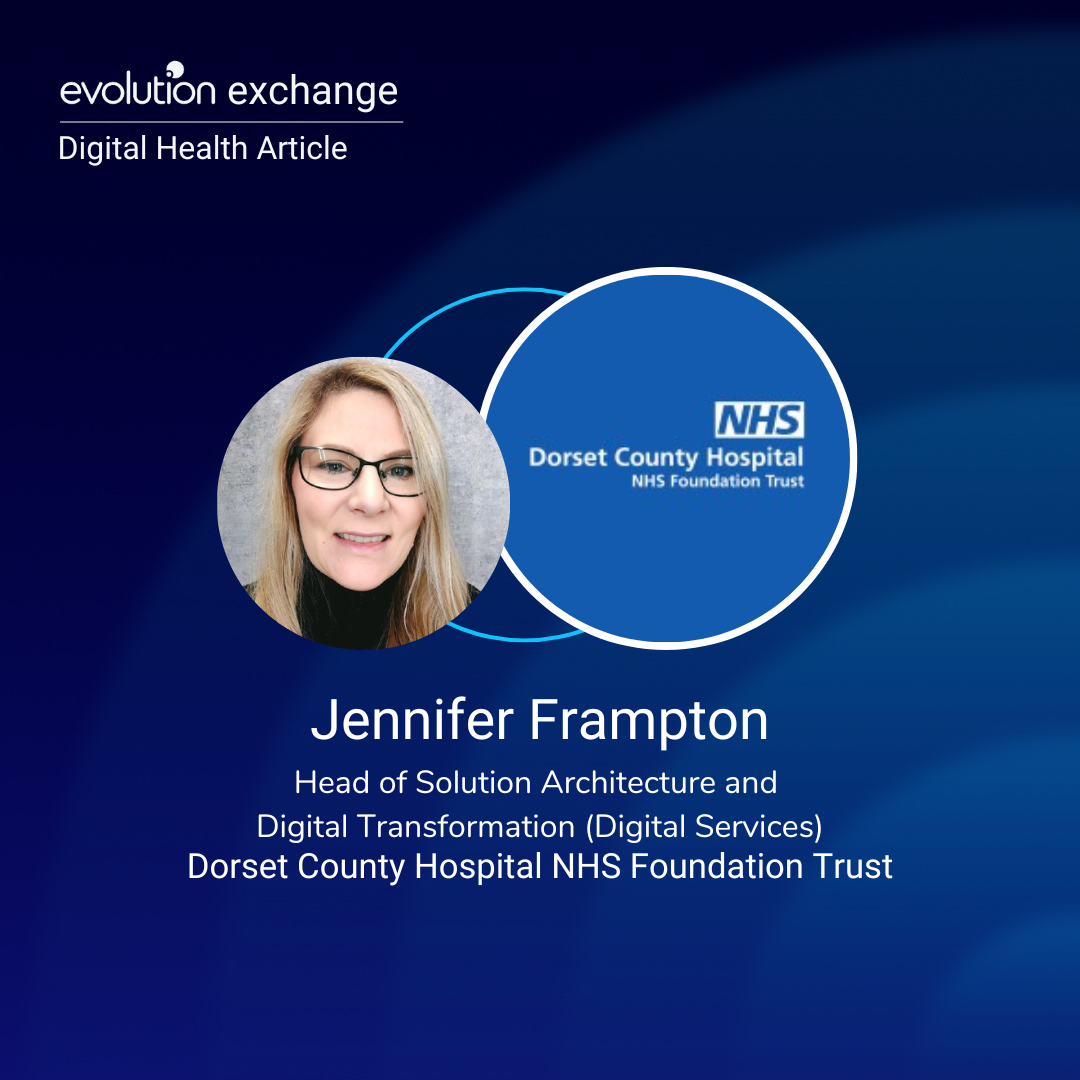Rachel Brown’s path to becoming Deputy Chief Nursing Informatics Officer and Head of Nursing at Manchester Foundation Trust (MFT) wasn’t conventional. What started as a personal tragedy became the catalyst for a career dedicated to transforming healthcare through digital innovation and compassionate leadership.
Finding Purpose Through Personal Loss
Rachel’s journey into nursing began not with childhood aspirations, but through profound personal experience. “I didn’t have a lifelong ambition to be a nurse,” she admits. After initially training in beauty therapy and complementary medicine, it was the loss of her father and two grandmothers by age 23 that changed everything.
“Supporting him through that period of being a carer with his mother and seeing the toll it took on him not having access to the right care. Then when he became unwell, he had some amazing care, but there were also some real gaps particularly towards the end of his life for him and us as a family. It was a switch that made me want to go and be a nurse,” Rachel recalls.
This personal experience of witnessing healthcare gaps became the driving force behind her entire career – a commitment to ensuring others wouldn’t face the same struggles her family endured.
Building Foundations in Community Care
After qualifying and initially working on a respiratory ward as a staff nurse, Rachel developed the skills required to communicate with patients who were struggling with complex health needs, after a few years she then moved into community nursing, here was a realisation that the same patients were being cared for by lots of services and not necessary receiving joined up care. “I love getting to know patients, and I really do like a good care plan,” she says, describing her work as a community staff nurse. This role gave her privileged access to patients’ homes and the opportunity to see healthcare from a more holistic perspective.
It was in returning back to secondary care and being successful in an opportunity to establish a new service that Rachel first recognised the power of integrated systems. Establishing an Admission Avoidance Team, (an MDT service that would be based in urgent care areas to facilitate either admission avoidance or early discharge with wrap around support at home) she gained access to social care systems alongside traditional healthcare data. “When we had this opportunity to have access to the social care system, it was possible to see what other aspects of care patients were receiving, what services they were known to, what activities they enjoyed, less quantitative demographic data and numbers and more holistic qualitative data to support more holistic care planning alongside health records.”
This early exposure to system integration planted the seeds for her future work in digital transformation.
Discovering Digital Through Service Transformation
Rachel’s transition into digital health wasn’t immediate or obvious. “I could start to see this need to look at these systems as a whole. At that time, it wasn’t really an interest in digital, it was still service transformation. Wanting to put things right, wanting to get things set and wanting to improve those health outcomes.”
Her work in the years pre-COVID-19 demonstrated the value of the digital infrastructure she’d helped build. The home first pathway her team developed provided what she calls “competitive advantage” during the pandemic because they had the systems, processes, resources and knowledge in place to safely transition patients into the community with wraparound support.
Overcoming Self-Doubt and Embracing Digital Leadership
Perhaps the most surprising aspect of Rachel’s story is how she initially resisted her current role. “A few people had said there’s this opportunity and interestingly I said, no, I’m not digital. I’m a nurse. I’m service improvement, I want to improve health outcomes and not be siloed to digital.”
This resistance speaks to a common misconception about digital health leadership – that it requires deep technical expertise rather than clinical insight and leadership skills.
Essential Skills: Communication Over Coding
When asked about the skills needed for digital health leadership, Rachel is clear: technical expertise isn’t the primary requirement. “You have to have an interest. I am not an analyst. I’m not a coder, although these are vital roles that is not my skill set. I’m a nurse, I look at health outcomes and how to improve services for patients, families and staff.”
Instead, she identifies relationship building and communication as fundamental. “Relationship building and communication are key… from working originally in respiratory, one of the things that taught me is how to communicate with somebody in a really challenging situation, people need to be heard.”
Rachel emphasises the importance of understanding different roles within organisations and building genuine connections.
“When I started this role — and in my previous one — I knew the first thing I needed to do was build connections,” she explains. “I recognised there were areas where I wasn’t as confident, so one of my first step was to seek out the tech team. I wanted to get to know them, to learn from them, and to build a strong network of support. It’s always worthwhile to connect with people in different roles and develop new skills along the way.”
Navigating Leadership Challenges
Rachel’s career hasn’t been without challenges. She’s experienced difficult leadership styles in roles and also organisational restructures, including her time at NHS England during a period of significant change. These experiences taught her valuable lessons about authentic leadership.
“I often sit back if there’s a challenge within a team or across a service and think, what’s my leadership role in this? How am I coming across?” she reflects. “Leadership is on a pendulum where different situations warrant different levels of leadership. As long as you are clear in your communication and as long as you are delivering compassionate, kind leadership that is going to be what the service needs, appreciating that not everyone is going to agree but it’s how you communicate.”
Confronting Imposter Syndrome
Like many women in leadership, Rachel has faced imposter syndrome throughout her career. “My confidence comes with competence and knowledge,” she explains, describing how moving between organisations and taking on new challenges can be daunting and initially make you question your capabilities.
However, she’s reframed these feelings as growth opportunities. “I don’t think imposter syndrome is necessarily a bad thing if it’s used as a tool to take you to a space of resilience, where you’re looking at what you’ve done to get here and the work that you’ve done so far as well as areas for development.”
The Power of Role Models and Mentorship
Rachel credits various role models throughout her journey, from early in her career from experienced healthcare assistants who show real leadership when supporting me as a student and newly qualified to a mentor who “would challenge anyone if she didn’t think patients were getting the right care.” She’s also found value in formal education, completing post-graduation education such as an MBA and currently completing the Digital Health Leadership Programme at Imperial while emphasising it’s “the last qualification I’m going to do as I feel like I have been constantly studying” but appreciate that as clinicians we need to continue to gain competence and knowledge for further development which includes education.
She advocates for both formal mentorship and coaching, particularly from outside one’s direct line management, to provide different perspectives, support leadership development and for critical challenge.
Advice for Aspiring Leaders
For those looking to enter digital health leadership, Rachel’s advice is both practical and inspiring: “Find what you’re interested in first, find your driver, what you’re passionate about and keep that at your centre.”
She encourages taking sidesteps and stepping outside comfort zones while staying true to core interests. Most importantly, she advocates for curiosity: “Always ask questions, ask ‘what does that mean?’ We talk too much in these ‘languages’ whether clinical or technical and we can forget that not everybody understands that.”
Digital Health as an Enabler
For Rachel, digital health isn’t about technology for its own sake – it’s about enabling the service transformation and patient care improvement that has always driven her. “Digital just gives you another lens into how we can get this right. It’s out of our control now in terms of digital systems and digital innovation, being optional it’s the future and what I want to make sure is that we’re not done too, but we’re part of that conversation to design and implement with key voices.”
Her journey demonstrates that successful digital health leadership comes not from technical expertise, but from combining clinical knowledge with strong communication skills, authentic leadership and an unwavering focus on improving patient outcomes. As she reminds everyone she works with: “I am a nurse,” and that nursing foundation remains the cornerstone of everything she does.










